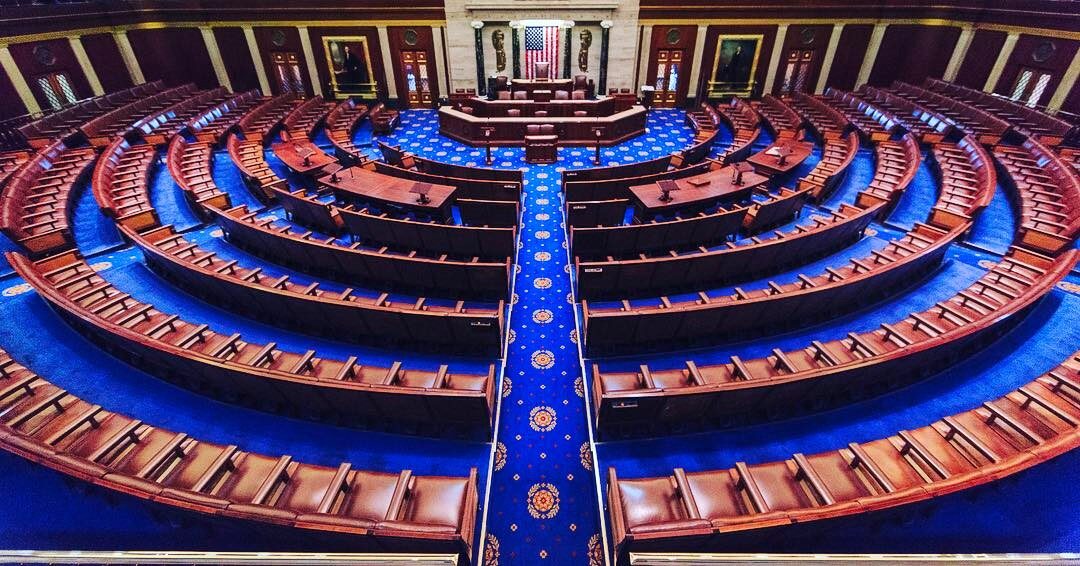Maybe conservative State Representative Bill Seitz, solar’s most staunch and recalcitrant opponent in the Ohio Statehouse, might finally listen to the solar industry, now that nearly 80% of Ohio’s conservative voters say they support solar’s expansion in the state.
According to a new poll by Republican polling firm Public Opinion Strategies, 79% of Republicans and independents who identify as conservative (the only groups polled) support the expansion of clean energy and policies to encourage such growth. Among the policy prescriptions those polled support include increasing the state’s renewable energy standard (RES) and changing wind setback rules.
Public Opinion Strategies also found 60% of conservatives support requiring utilities to use renewable energy to produce 12.5% of their electricity by 2027, and 76% supported increasing research into battery storage technologies, which most analysts consider the next boom market in the renewable energy economic sector.
Most surprising was the finding that 85% of conservative voters voiced willingness to pay more personally for their electricity if sourced from renewable energy sources.
The poll results were released by the Ohio Conservative Energy Forum (OHCEF) as reports suggest the environmental lobby is stepping up pressure on Ohio’s Public Utilities Commission to reverse its November decision to decrease the amount utilities have to pay solar customers through a policy called net metering.
Net metering is a compensation policy to credit solar energy system owners for the electricity they add to the grid. Utilities around the country have long tried to get regulators to reduce the rates, which are traditionally set as a one-to-one credit at full retail rates, because they reduce utilities’ revenues.
American Electric Power (AEP), which is the utility involved in the current net metering dispute, echoed a common utility refrain, which is that paying solar customers full retail rates is unfair to other ratepayers because they say solar users don’t pay for grid upkeep. Utilities around the country continue to use this argument despite that many state-level and even national studies have debunked it, showing that at low penetrations distributed solar provides more benefits than costs.
Research by Lawrence Berkley National Laboratory (LBNL) says the “cost-shift” argument is technically correct, cost shifting only happens at high rates of penetration – 10% or more. And even at 10%, research suggests an impact of only half a cent per kilowatt-hour.
Ohio currently gets 0.20% of its electricity from solar, according to the Solar Energy Industries Association. Which, according to LBNL’s numbers, means AEP’s argument is misleading at best and deliberately deceptive at worst.
OHCEF’s poll suggests 87% of conservatives in the state support net metering.
“This poll is something Ohio’s elected officials need to know, especially as new legislation is being considered in the Republican-led Ohio General Assembly to reduce energy efficiency standards,” said Mike Hartley, consultant, OHCEF. “The poll clearly shows that conservatives support energy efficiency policies and see it as a way to create more jobs and move Ohio forward.”
Public Opinion Strategies conducted the survey from December 7-11, 2017 and completed 400 telephone interviews with registered voters who identify as Republican or independents who say they are conservative. The margin of sampling error for this statewide sample of conservative voters is +/‐4.9%.
Seitz has been a staunch opponent of any support for renewable energy – particularly solar – since he joined the legislature as a representative from Cincinnati, then as a state senator from the same region and now, after being term-limited out of the Senate, as a representative in his old district.
This content is protected by copyright and may not be reused. If you want to cooperate with us and would like to reuse some of our content, please contact: editors@pv-magazine.com.








Which state will be the last to convert to the future of RE? Looks like Ohio is trying to be it. Why Amazon agreed to put data centers there is beyond me.